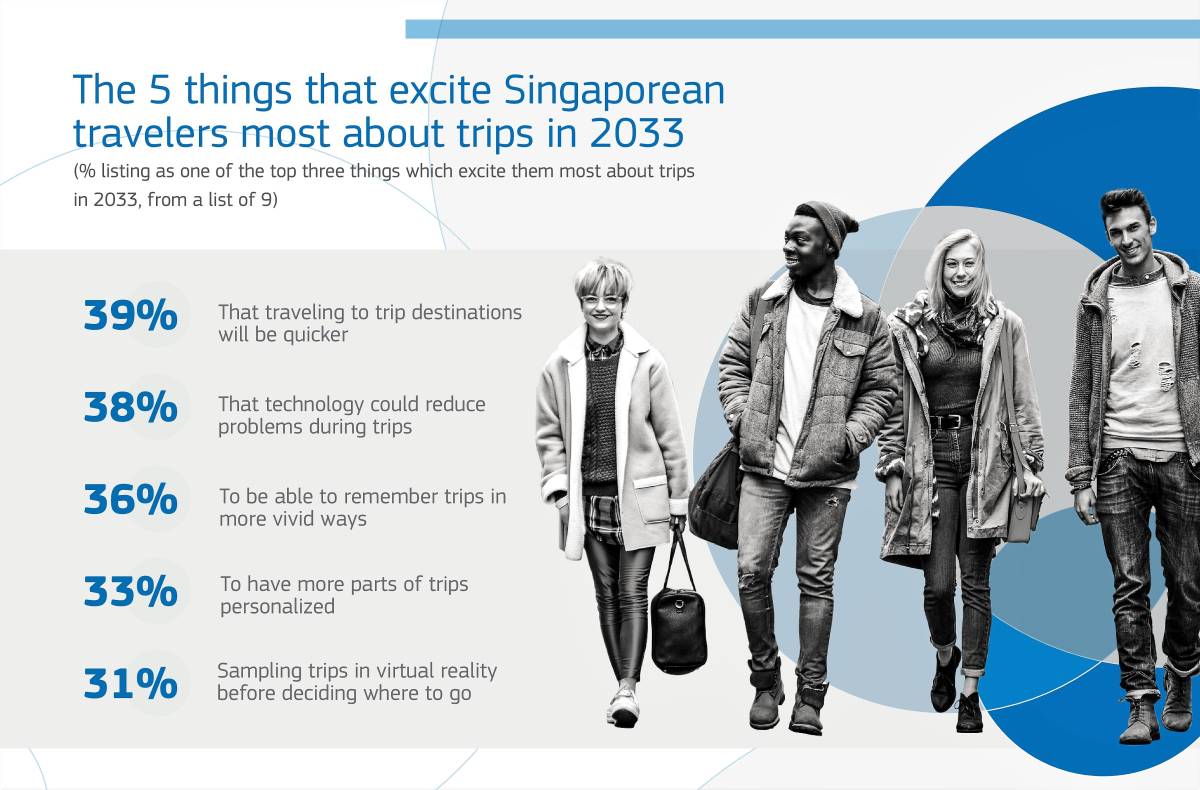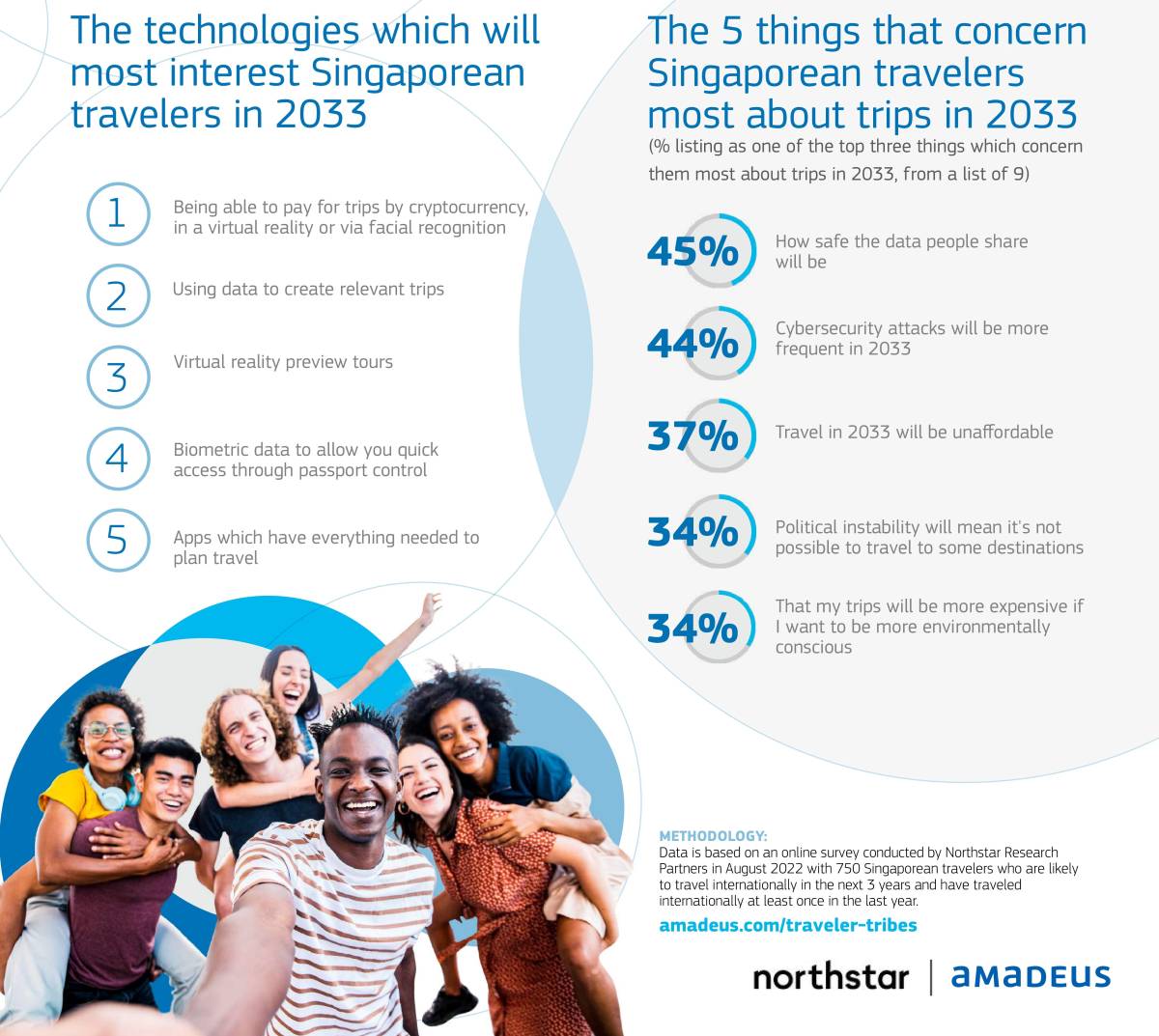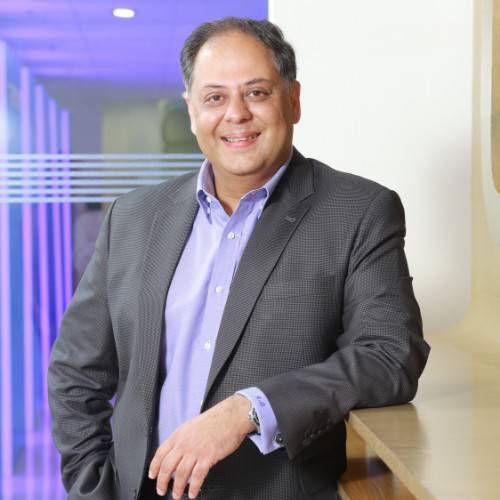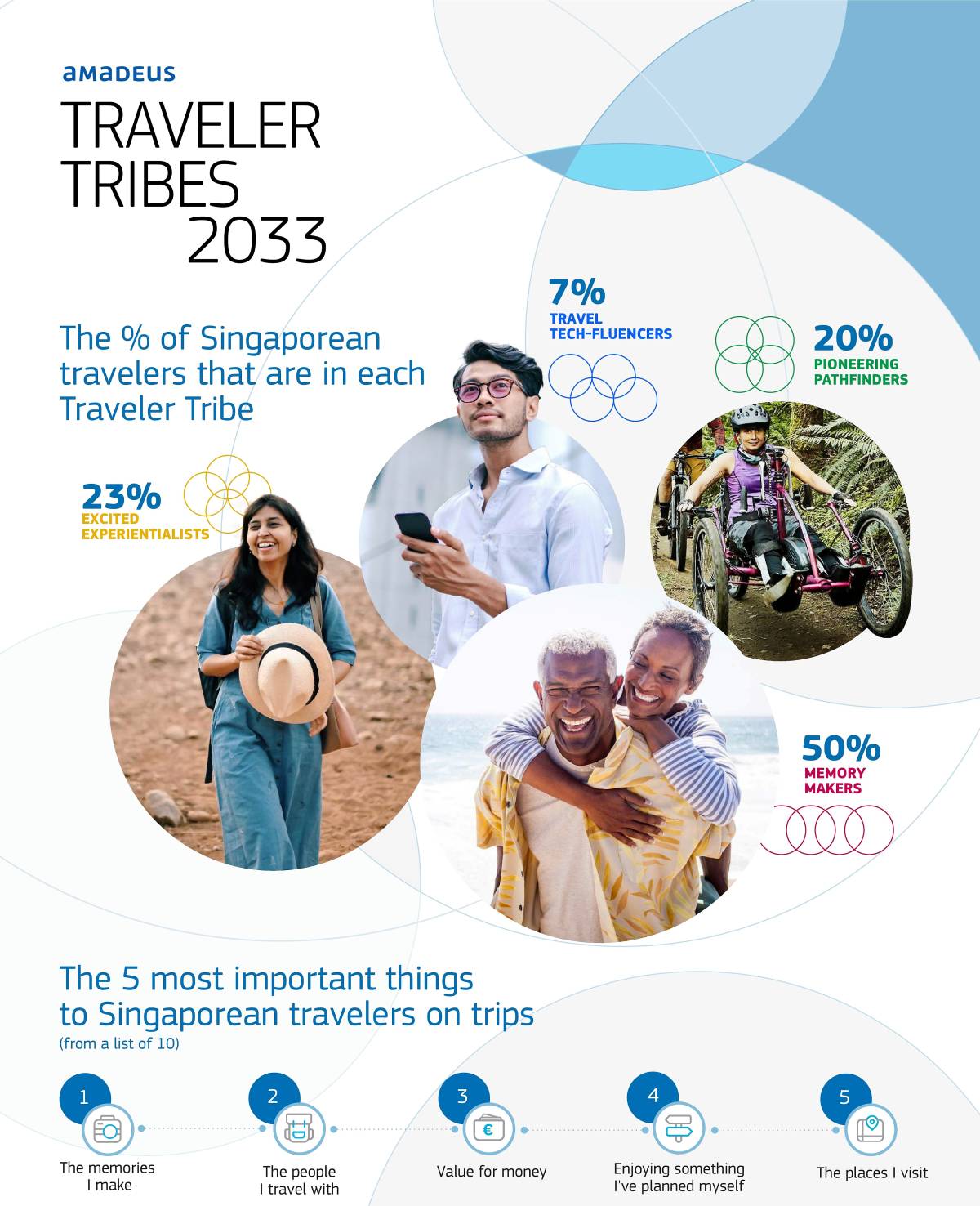Travel is changing: Will Singaporeans be Memory Makers or Excited Experientialists in 2033?
(Singapore, February 10, 2023) Fred Barou, Senior VP, Customer Success Management, Asia Pacific (pictured) urged the travel writers who gathered in the Amadeus Singapore office to "Take Our Quiz to find out which Traveler Tribe you are part of. Readers are also urged to take the quiz, which doesn't take long, and is fun and interesting. https://amadeussurvey.typeform.com/traveler-tribes
urged the travel writers who gathered in the Amadeus Singapore office to "Take Our Quiz to find out which Traveler Tribe you are part of. Readers are also urged to take the quiz, which doesn't take long, and is fun and interesting. https://amadeussurvey.typeform.com/traveler-tribes
As an estimated 474 million tourists traveled internationally between January and July 2022 compared to 175 million in 2021, international tourism continues to bounce back.
But how will we travel in 2033? A global research study – Traveler Tribes 2033 – the third in a series that launched in 2007, identifies four Traveler Tribes that will develop in the next 10 years. It does so by examining the future forces of change transforming travel, alongside emerging traveler traits, behaviors and preferences, to understand exactly what it is that travelers will want a decade from now.
It suggests many travelers will be open to new and emerging technologies and will want to travel in more sustainable ways. But with some travelers concerned about the proliferation of technology and the increasing need for cyber-security and data privacy, the industry must work together to ensure all travelers benefit from technological advances.

Moving beyond the limitations of traditional segmentation, this psychographic approach identifies four key Traveler Tribes likely to be dominant in 2033:
● Excited Experientialists – 23% of Singaporeans (and the majority of writers who attended the meeting) belong to this group and have a ‘try it and see’ approach to life and travel. Globally, 44% are without children and have a mid- to high-income job with flexible working options, which enables them to readily explore the world. They have a you only live once (YOLO) approach. They are more likely than other travelers to act on instinct, making them 2033s ‘anti-planners’, favoring less predictable and more exciting accommodation experiences. They are also open to technology that helps them ‘speed up’ certain aspects of their journey, with many expecting to use artificial intelligence (AI) in the airport environment.
● Memory Makers – Half of Singaporeans (50%) are found to be in this group that takes a more simplified approach to travel: to make memories and visit places. Globally, 44% are aged 42 and over and are habitual in their travel behaviors. The future can be a daunting prospect for them. They put people first and place less value on technology and sustainability, reassured by existing methods. However, despite their skepticism about technology, they are excited about virtual reality (VR) and augmented reality (AR) preview tours with the majority expected to use VR tours before purchasing a trip.
● Travel Tech-fluencers – Interestingly, only 7% of Singaporeans are identified to be in this group that includes today’s young business travelers with a forward-looking perspective on life. Globally, 48% of the group are under the age of 32 and their perspective is symbolized by how much technology they own. However, there is a discord when it comes to what excites and concerns them around the future of technology and travel. While many want to travel sustainably, it seems they are more conscious about sustainability options around their method of travel, rather than where they’ll be staying.
● Pioneering Pathfinders – Only 20% of Singaporeans are discovered to be in this Traveler Tribe with individuals of this group living a fast-paced life, always looking for their next adventure. Globally, their life is in full swing with 82% between the ages of 23 and 41. They like to plan but are not afraid of risk and are open to new experiences. This group is more willing than others to let sustainability influence their decisions. They will also be very comfortable using all forms of alternative payment methods in 2033, whether via cryptocurrency or within a virtual reality environment.
The study also revealed that Singaporeans are looking forward to:
● Quicker travels to trip destinations (39%)
● The introduction of technology that reduces problems during trips (38%)
● The possibility of being able to remember trips in more vivid ways than ever before (36%).

Meanwhile, the top three emerging technologies that pique the interest of Singaporean travelers for 2033 are being able to pay for trips by cryptocurrency, in a virtual reality or via facial recognition; using data to create relevant trips and virtual reality preview tours.
Decius Valmorbida, President, Travel, Amadeus: “As an industry we want to build travel experiences that are both inspiring and inspired. And we can only do that by understanding what travelers want now and into the future. As we look ahead, it is clear that what the Excited Experientialist will require will be different from that of the Memory Maker. As technology advances through AI, biometrics and the Metaverse, we are able to deliver more tailored journeys that meet the needs of different types of travelers – whether it is the desire for speed, comfort, reassurance or excitement.
Paco Pérez-Lozao Rüter, President, Hospitality, Amadeus: “Travel is about the places we stay, the destinations we visit, the experiences we have. It’s important for many of us that when we travel we have a positive impact on the places we visit, and that is likely to increase. Our preferences as travelers continue to evolve, and this study gives us a glimpse into the future. We have different needs depending on the trip, who we’re traveling with and what we are looking for. The challenge for the industry is to adapt to people’s changing preferences, ensuring that destinations and places deliver what travelers want.”
Karun Budhraja, Senior Vice President, Travel unit Marketing, Asia Pacific, Amadeus (pictured):  “The travel landscape in markets across the Asia Pacific is incredibly diverse. As the travel industry renews, the Traveler Tribes report maps out what matters most to travelers in APAC; be it sustainable travel or emerging technologies, their behaviors and the values they seek in travel will shape the industry in 2033 and beyond.”
“The travel landscape in markets across the Asia Pacific is incredibly diverse. As the travel industry renews, the Traveler Tribes report maps out what matters most to travelers in APAC; be it sustainable travel or emerging technologies, their behaviors and the values they seek in travel will shape the industry in 2033 and beyond.”
This is the third in Amadeus’ Traveler Tribes research initiative, the first launched in 2007, the second in 2015. It is part of Amadeus’ commitment to driving innovation at scale and making travel better for travelers and travel companies everywhere.
Jack Miles, Lead Researcher and Senior Director, Northstar: “Future predictions are difficult, especially in travel. This is because travel is about humans and how they think and behave – all of which are complex as people aren’t always rational. However, using extensive traveler research based on behavioral science and consumer psychology, expert insight from diverse fields like forecasting, technology and academia, and data-analytics, this study has uncovered many insights to help understand travelers and predict their future behavior. From the importance and challenge of sustainability to the need to reassure travelers about the changing role of technology, one thing is clear, travel will continue to play a vital role in enriching our lives as we head towards 2033.”
To read more about the research and identified Traveler Tribes, please visit amadeus.com/traveler-tribes.



